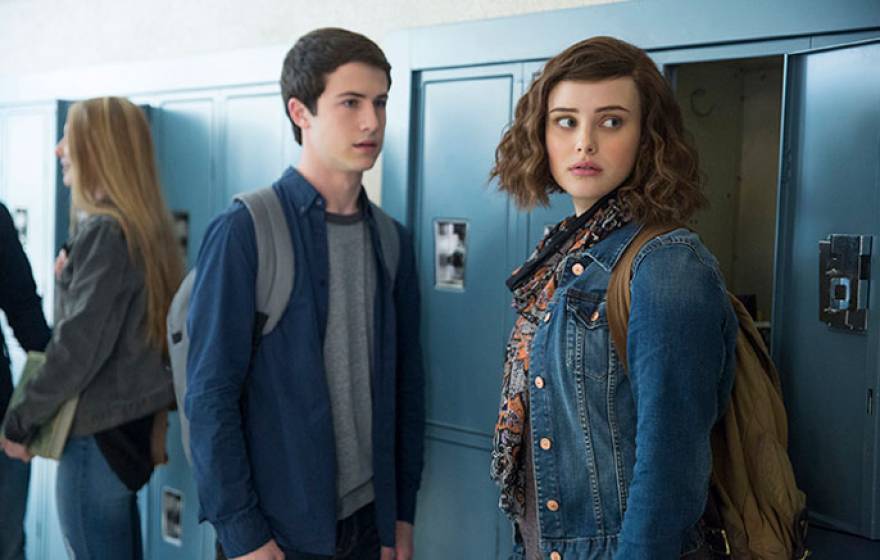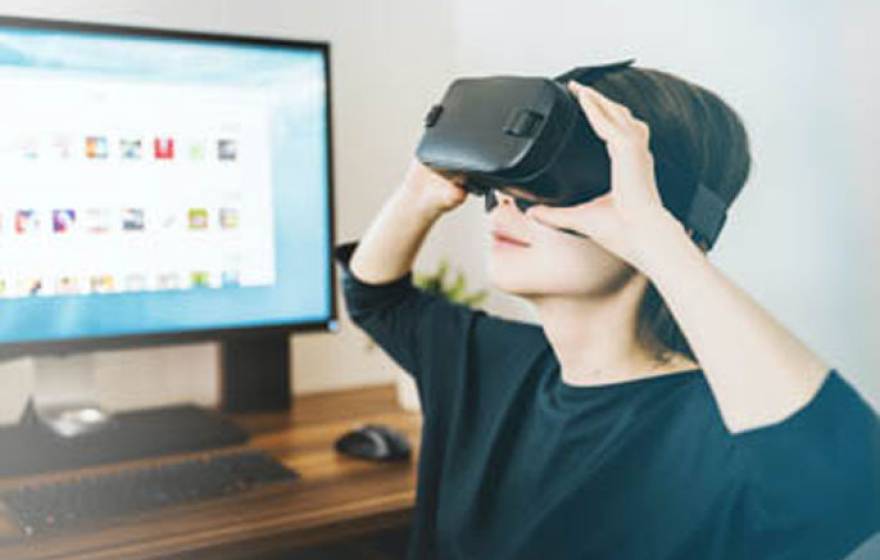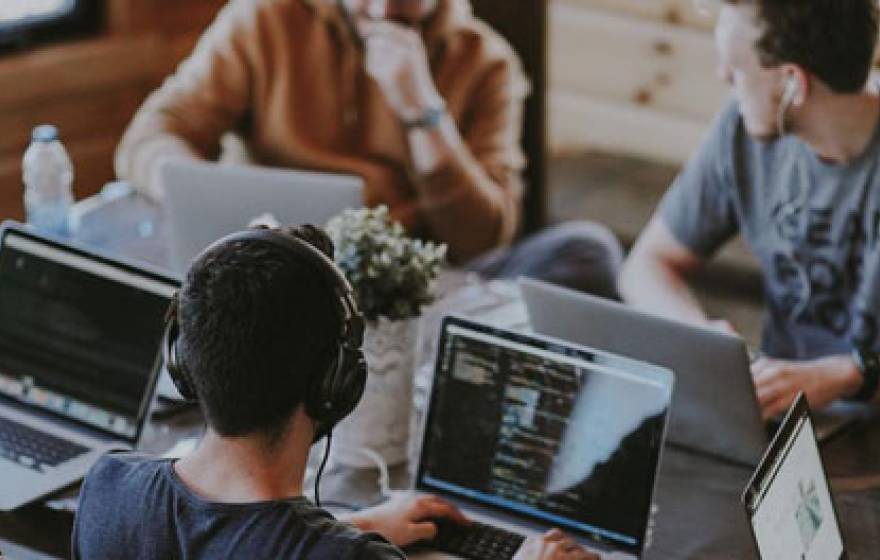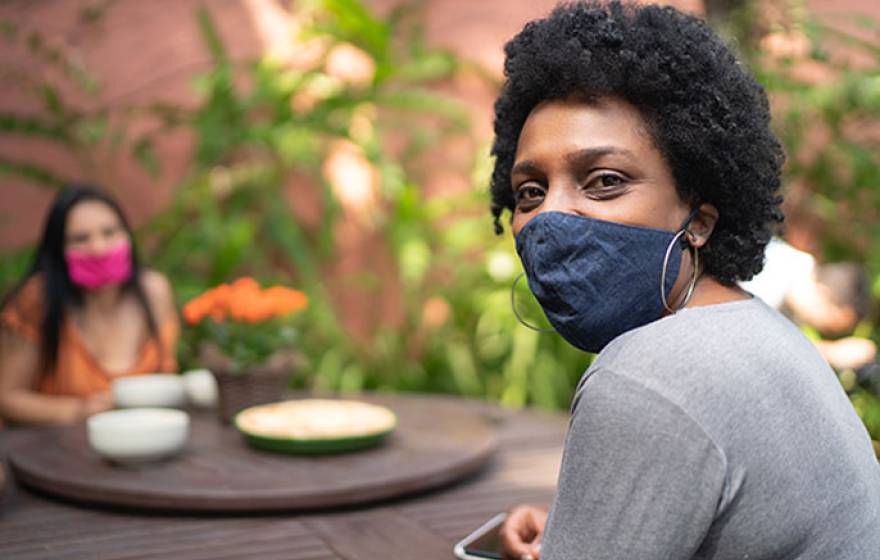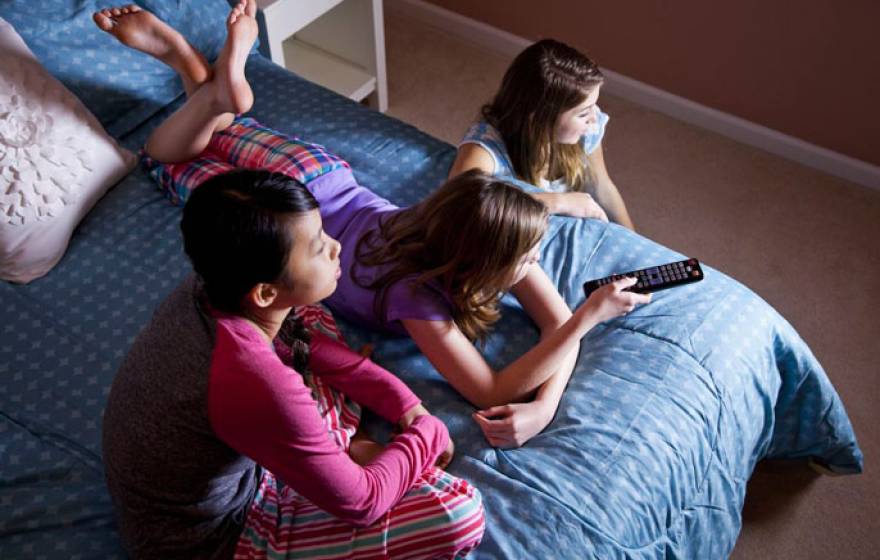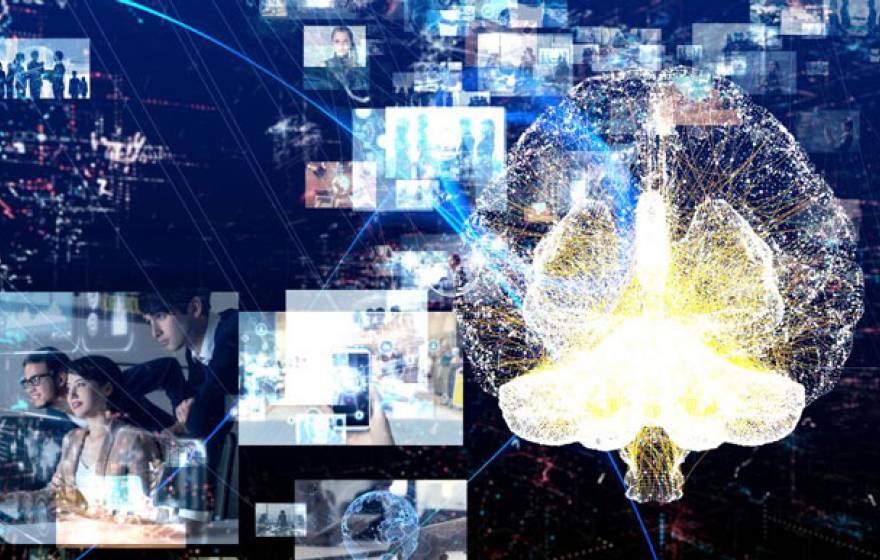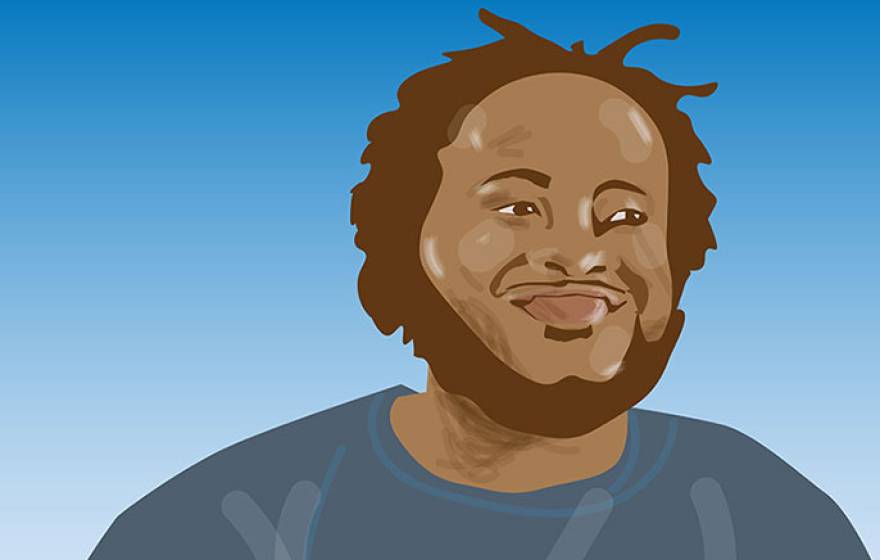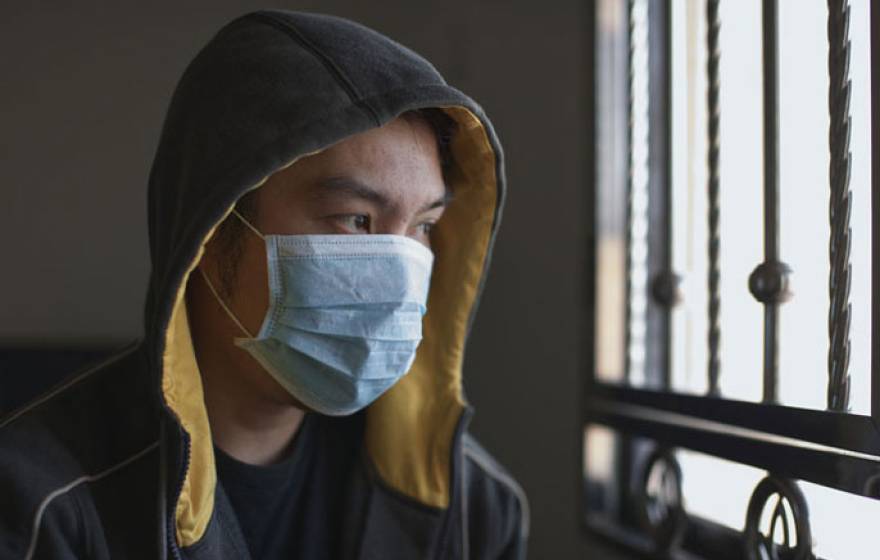A UCLA report suggests they can, but only when topics are approached in a credible, supportive way.
Virtual reality warps your sense of time, research shows
Psychology research demonstrates unique ‘time compression’ effect of virtual reality.
Anxious about returning to work? Psychologists offer insight and tips
Many are experiencing return-to-work anxiety and stress when contemplating returning to their desks.
How to resocialize after the pandemic
COVID-19 took a toll on our relationships. Understanding why might help us come back together.
What are kids actually learning from popular TV?
A 50-year survey shows the values kids learn have changed from decade to decade, often reflecting shifts in the broader culture.
Making decisions based on how we feel about memories, not accuracy
A new study explores the difference between subjective and objective memory.
New study reveals the ‘hidden costs’ of being Black in the U.S.
Near-daily discrimination takes a measurable toll on Black men, who do not enjoy the same improvements in physical and mental health that white men experience with higher incomes.
Mentoring by text message
More than 1,600 mentors stepped up in four months to help their fellow students feel connected.
6 ways to manage coronavirus depression
Knowing what depression looks like and how to manage it can help prevent you from slipping into dark moods.
Partners help us feel more connected during pandemic
But a pair of UC Riverside studies finds that kids and pets don't offset isolation from social distancing, nor do video chats.
We need community to survive. How can we get it back?
An interview with audio on rebuilding community in partisan and pandemic times, with Tyrone Wise and Dacher Keltner.
In shaky times, focus on past successes, if overly anxious, depressed
Focusing on what you get right, instead of what you get wrong, can help your judgment if anxious or depressed, a new study says.
